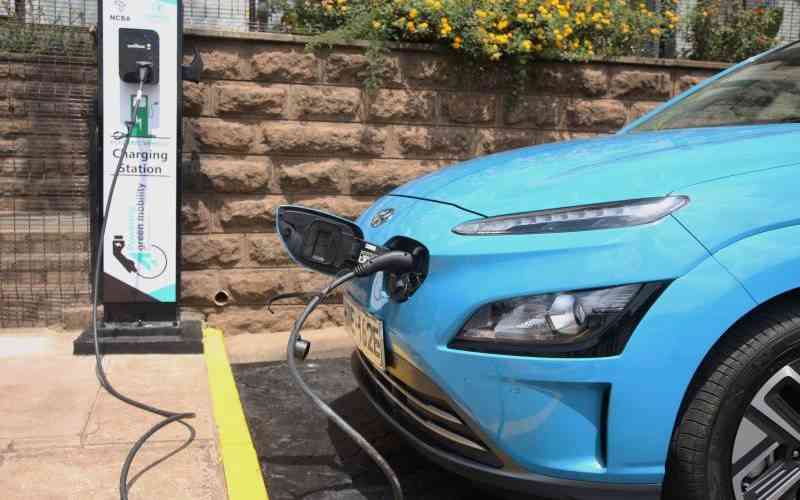×
The Standard e-Paper
Join Thousands of Readers

Audio By Vocalize

Kenya Power has started transitioning its fleet from petrol and diesel powered vehicles to electric.
The firm is looking for suppliers of electric vehicles and motorcycles with the intention of buying 25 e-motorcycles, three electric double cabin pickups and four light utility vehicles.
